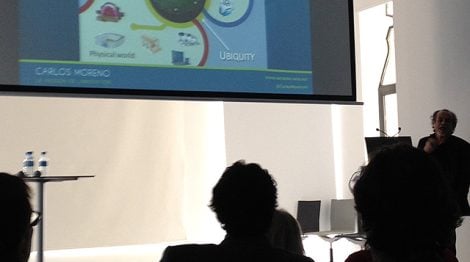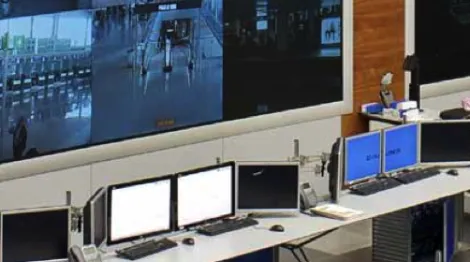Traceability and Regulatory Compliance: Key Aspects in the Process Industry
Maintain step-by-step control of what happens in your factory, from the arrival of the raw material to the product's release to the market, and become an information expert.


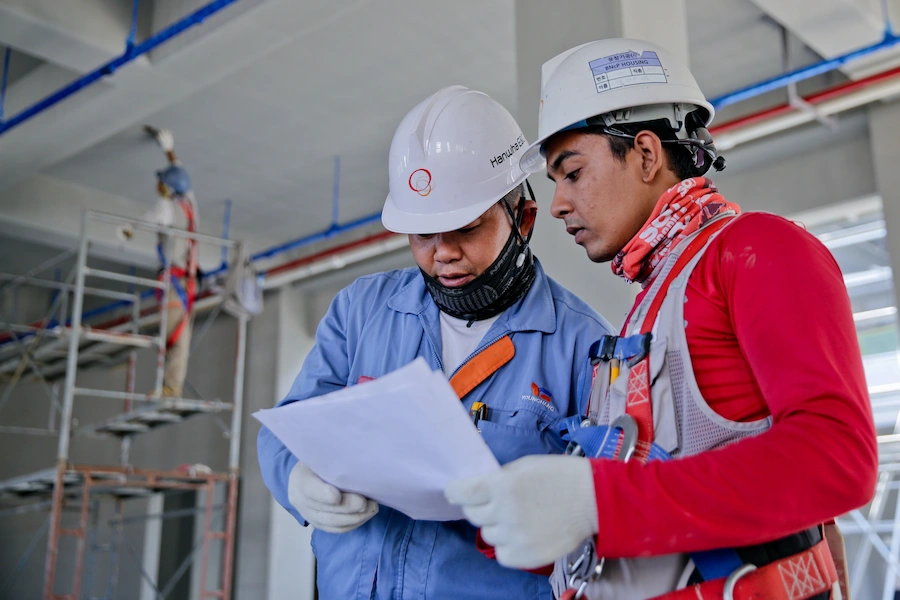
As we introduced in the first article, the process industry faces a series of anomalies on a daily basis that, if not identified, can lead to a disastrous scenario. In order to detect and eliminate them, there are a series of recommendations to follow in each case. If the other day we talked about the need to ensure optimal quality in the plant, today it is the turn of traceability and regulatory compliance.
Let’s Set the Scene: What Do We Mean by Traceability?
Traceability is the set of good practices that allow visibility and control of all production. This implies keeping a record of all the elements that are present in the process, as well as the actions that are carried out with these elements. In this way, a detailed record is left of all the operations that take place during manufacturing, from the obtaining of raw materials until the result reaches the final customer.
Why is it so Important?
In some industries, traceability goes beyond a mere internal transparency procedure. There are sectors whose operation depends on whether or not plants comply with regulations. If you are familiar with the food and pharmaceutical sector, you will surely be familiar with the FDA (Food and Drug Administration) and the EMA (European Medicines Agency).
Both governmental organizations supervise and moderate the production and commercialization of these products in the United States and Europe, respectively. Their mission, therefore, is to guarantee that they coincide with the established standards of quality, efficacy and safety before approving their launch on the market. With traceability, organizations can demonstrate step by step that their processes are in line with regulations, without leaving out any crucial data along the way.
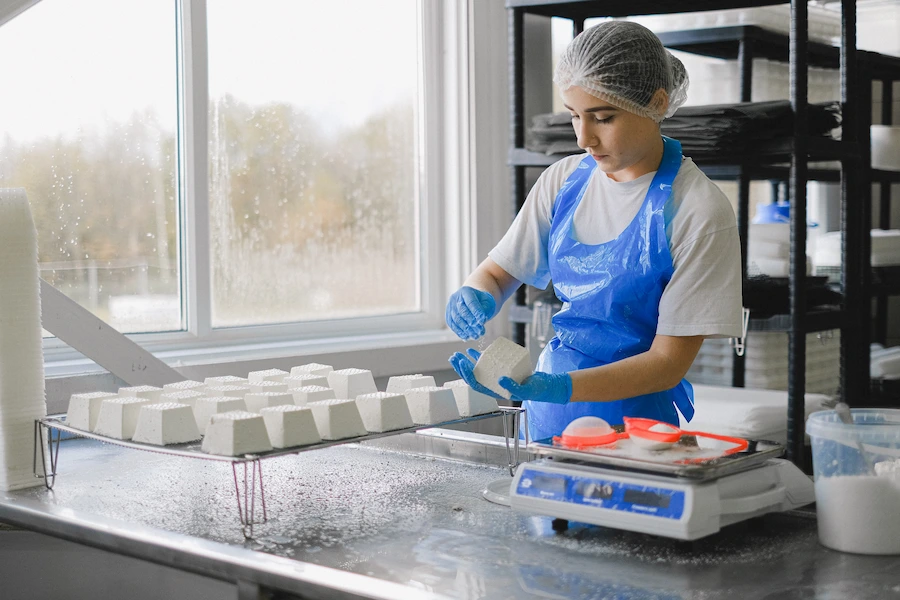
Let’s look at an example: the FDA’s Food Safety Modernization Act requires complete tracking of food throughout the supply chain. Information such as the origin and destination of these, among others, allows an optimal response to outbreaks by contaminated batches and ensures, therefore, food safety. To verify compliance with the regulations, the FDA can carry out audits, so it is better to receive them with records in hand.
Events to be Traced in Factories
Each organization, therefore, has particular traceability needs, especially if they are under certain regulatory requirements. Even so, in general, a control of the following actions is carried out:
- Batch tracking
In order to keep a detailed record of the raw materials and components used during production, they are assigned a specific batch number. This number will allow us, once the process is finished, to establish a genealogy of the products. In this way, we will ensure the quality and safety of the food and beverages that reach the market.
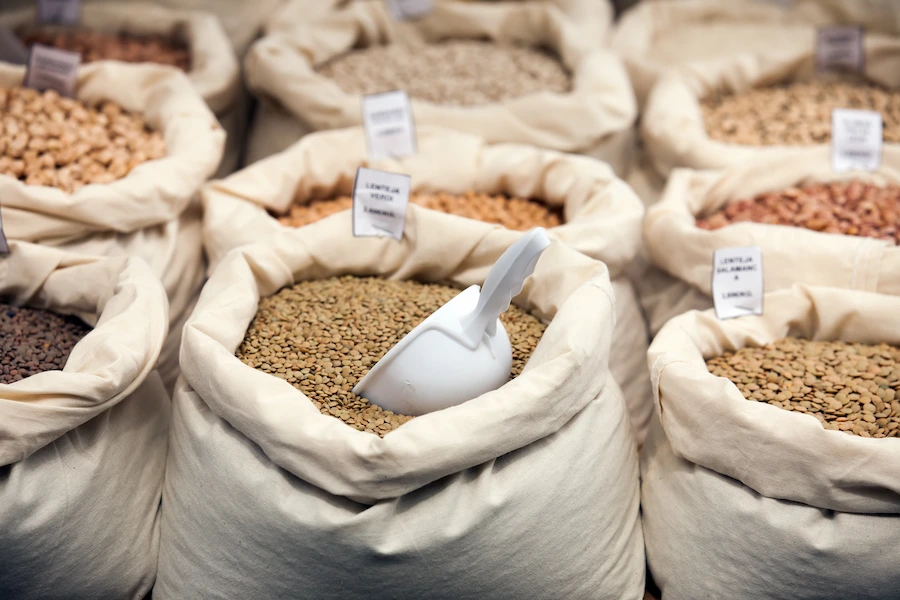
- Final production
In line with the previous point, traceability also involves identifying and registering the final production, that is, keeping documentation of the finished products and linking them to their characteristics, manufacturing dates and corresponding batch numbers. Thanks to this control, as an addition, you can obtain performance indicators of estimated versus actual production. - Manufacturing context
We have the batch numbers of the raw materials and also the manufacturing data once the process is finished. But what about in between? In the industry, the components go through different operations before being transformed into final products, and these must also be registered one by one: when they were carried out, in which shift, with which machines, under what circumstances and under whose supervision. All this information gives us a unique context to analyze and optimize the flow of our production, and to address those red flags that we identify along the way.
Let’s get to Work: Tips to Achieve the Best Traceability
We know that sometimes it is difficult to get rid of that notebook where a record is kept of what happens around us in the plant, or the usual form to which we have already become accustomed. However, if we have software that allows us to automatically trace all events, the control will be much easier, more complete and more efficient. In addition, we will not expose ourselves to unnecessary risks such as the loss of notes or carelessness when writing down certain things.
Our MES/MOM solutions can help you have complete traceability in your organization. With the automation of data collection, compliance with regulations will no longer be a nightmare and, likewise, your system will be modernized, the quality of your processes will improve and production costs will decrease. Similarly, you will be able to identify failures in the process to solve them in the most optimal way or justify them if necessary.

Once the importance of good traceability has been clarified, do not forget to keep up with the pace of publications to discover what other barriers our hidden factory puts in production and how to face them. See you soon!

